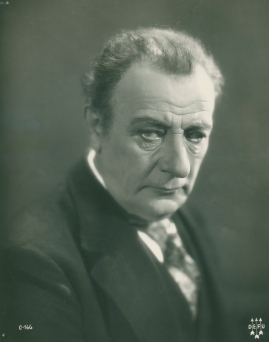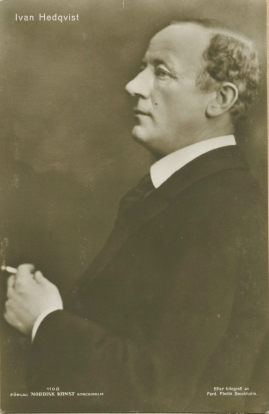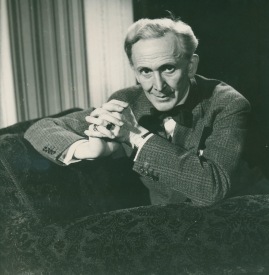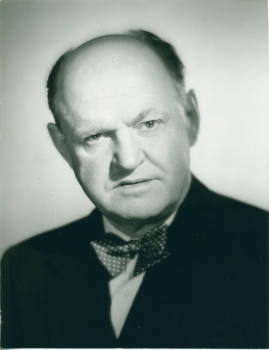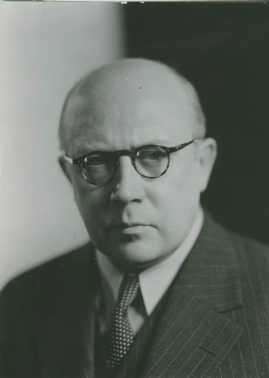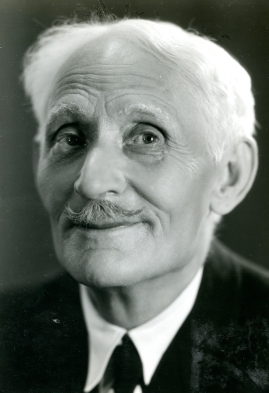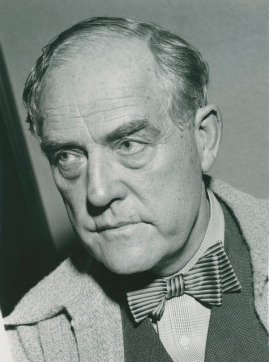Ivan Hedqvist
Table of contents
- Basic facts
- Links and resources
- Biography
- Awards
- Films
- Original work
- Soundtrack listing
- Groups
Basic facts
Media (2)
| Cast |
|
|---|---|
| Director |
|
Biography
Swedish actor and director. Born as Carl Ivan Engelberg Hedqvist in Gottröra, Stockholm. Died in Stockholm.-Ivan Hedqvist is one of the filmmakers from the Golden Age of Swedish cinema who has undeservedly been neglected, largely because only two directors, Victor Sjöström and Mauritz Stiller, have been universally acclaimed in the versions of film history which have held sway until now. This is despite the fact that Hedqvist was often hailed as an outstanding filmmaker by his contemporaries and that at least two of his films, both thematically and in terms of...
Links and resources
Biography
Swedish actor and director. Born as Carl Ivan Engelberg Hedqvist in Gottröra, Stockholm. Died in Stockholm.
-
Ivan Hedqvist is one of the filmmakers from the Golden Age of Swedish cinema who has undeservedly been neglected, largely because only two directors, Victor Sjöström and Mauritz Stiller, have been universally acclaimed in the versions of film history which have held sway until now. This is despite the fact that Hedqvist was often hailed as an outstanding filmmaker by his contemporaries and that at least two of his films, both thematically and in terms of production, are in line with what one associates with the Golden Age. His best-known film In Quest of Happiness (Dunungen, 1919), for example, clearly possesses the criteria stipulated by the film scholar Gösta Werner for a film to be classed as belonging to what he calls the Swedish Silent Film School, yet it is ignored in his list, which only contains films by Sjöström and Stiller.
Hedqvist's debut as a film director with In Quest of Happiness might be regarded as something of a surprise. His film career had got off to a modest start as an actor in the early years of Svenska Biografteatern in Kristianstad, but after this interlude he had acted exclusively on the stage. The fact that Hedqvist was the first new director appointed by Svenska Bio when that company changed course to make fewer and bigger-budget productions can probably be explained by his intimate knowledge of Selma Lagerlöf's original story and the fact that he had played the part of Uncle Teodor, a role which he reprised in his film, on previously in the theatre. With Julius Jaenzon as his cinematographer, Hedqvist created a film with sophisticated narrative elements such as a medieval legend presented in moving images using the same actors who appear in the rest of the film. Unfortunately this scene has not survived, and In Quest of Happiness today only exists in a radically shortened version. A similar "film within a film" can be found, for example, in Cecil B. DeMille's contemporary Male and Female (1919). This narrative device is only found in one other Swedish silent film, Olof Molander's The Lady of the Camelias (Damen med kameliorna, 1925).
His next directing project, The Beloved Fool (Carolina Rediviva, 1920), was a comedy set in the university town of Uppsala and based on an original screenplay by Ester Julin. In order to condense the narrative and to reduce the number of supporting roles, Ragnar Hyltén-Cavallius was given the task of reworking Julin's screenplay, and Hedqvist continued to work with him the next year when he took on the film project The Pilgimage to Kevlaar (Vallfarten till Kevlaar, 1921), based on a poem by Heinrich Heine. This film must be regarded as one of the most unusual works in the history of Swedish silent film, hard to imagine in any context other than having been created by a company with lofty artistic ambitions. It can be seen as an attempt to create a silent film without subtitles in which the only verbal inputs are the verses of the poem, the main aim of which is to add a poetic atmosphere to the beautifully photographed narrative.
Hedqvist's fourth and final film as a director was Life in the Country (Livet på landet, 1924), based on a novel by Fritz Reuter. Because of its premiere date, this is film falls outside the traditional time frame for the Golden Age, and it has only survived in short fragments. Following its release, Hedqvist was only active in the film industry as an actor.
Magnus Rosborn (2011)
(translated by Derek Jones)
Films
| Director |
|
|---|---|
| Cast |
|
Soundtrack listing
| Singer |
|---|
